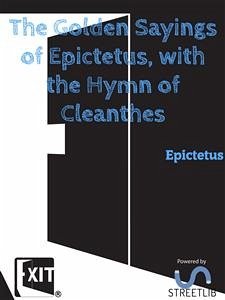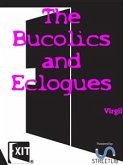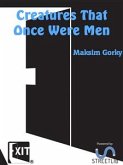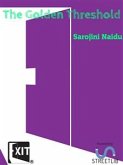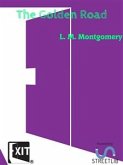I
Are these the only works of Providence within us? What words suffice to praise or set them forth? Had we but understanding, should we ever cease hymning and blessing the Divine Power, both openly and in secret, and telling of His gracious gifts? Whether digging or ploughing or eating, should we not sing the hymn to God:—
Great is God, for that He hath given us such instruments to till the ground withal: Great is God, for that He hath given us hands and the power of swallowing and digesting; of unconsciously growing and breathing while we sleep!
Thus should we ever have sung; yea and this, the grandest and divinest hymn of all:—
Great is God, for that He hath given us a mind to apprehend these things, and duly to use them!
What then! seeing that most of you are blinded, should there not be some one to fill this place, and sing the hymn to God on behalf of all men? What else can I that am old and lame do but sing to God? Were I a nightingale, I should do after the manner of a nightingale. Were I a swan, I should do after the manner of a swan. But now, since I am a reasonable being, I must sing to God: that is my work: I do it, nor will I desert this my post, as long as it is granted me to hold it; and upon you too I call to join in this self-same hymn.
Hinweis: Dieser Artikel kann nur an eine deutsche Lieferadresse ausgeliefert werden.
Are these the only works of Providence within us? What words suffice to praise or set them forth? Had we but understanding, should we ever cease hymning and blessing the Divine Power, both openly and in secret, and telling of His gracious gifts? Whether digging or ploughing or eating, should we not sing the hymn to God:—
Great is God, for that He hath given us such instruments to till the ground withal: Great is God, for that He hath given us hands and the power of swallowing and digesting; of unconsciously growing and breathing while we sleep!
Thus should we ever have sung; yea and this, the grandest and divinest hymn of all:—
Great is God, for that He hath given us a mind to apprehend these things, and duly to use them!
What then! seeing that most of you are blinded, should there not be some one to fill this place, and sing the hymn to God on behalf of all men? What else can I that am old and lame do but sing to God? Were I a nightingale, I should do after the manner of a nightingale. Were I a swan, I should do after the manner of a swan. But now, since I am a reasonable being, I must sing to God: that is my work: I do it, nor will I desert this my post, as long as it is granted me to hold it; and upon you too I call to join in this self-same hymn.
Hinweis: Dieser Artikel kann nur an eine deutsche Lieferadresse ausgeliefert werden.

